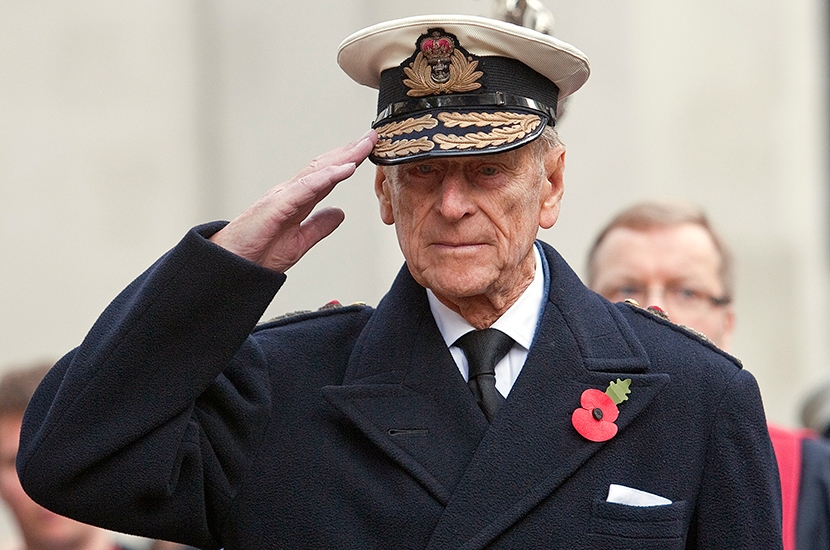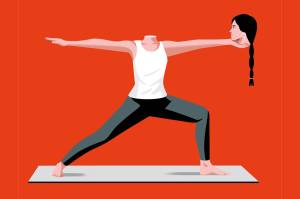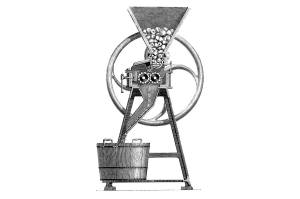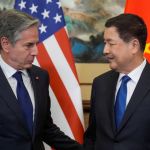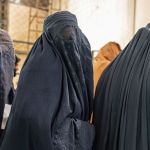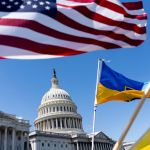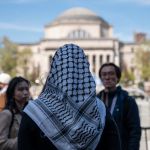In the waiting room I thought about the Duke of Edinburgh. In particular, I pictured him saluting the cenotaph on Remembrance Sunday. In 1915 Colonel Maud’huy told his assembled French soldiery: ‘Many men salute correctly, very rare are those who salute beautifully… One could say that the salute is the hallmark of education.’ Maud’hay was an aristocrat-dandy. He would say that. Yet a simple practiced movement can be powerfully expressive and every year the Duke of Edinburgh’s respectful, comradely martial salute was a thing of beauty. I looked forward to it. And every year, as he stepped backwards and saluted Lutyens’s sublime pylon, the execution was so reliably superior to the others’ that I laughed.
Then this broken-down old Frenchwoman came and sat opposite me, rummaged urgently in her handbag, looked up, saw me, greeted me, and said: ‘Bloody cancer.’ To this I gave my wholehearted agreement with mute but wild nodding of my head. And then I returned in my mind to Whitehall and my mental video of the Duke of Edinburgh saluting the Cenotaph. I laughed again and was glad for the Duke that he was sufficiently recovered to leave hospital and return home.
Now the woman looked up from the wreckage of her handbag and spoke again. ‘Bloody COVID!’ she said. I replied with some violent eye-rolling and my current favorite stock phrase, ‘Quelle affaire!’, which seemed to satisfy her.
Now my masked, white-coated Marseillais oncologist came out of his door and invited me to return with him into his office. With my ludicrous French and his broken English, Jean-Laurent and I manage to get by. I have sat in his office half a dozen times now for halting chats about defeating or at least retarding my cancer. Officially, as I understand it, I have no right to his interest or expertise. I have no health card and I exist outside the French care system. Therefore I am an informal patient whom he sees in his lunch hour once a month out of sheer kindness. For an oncologist he is brisk and unsentimental and I like him very much.
I handed over a bottle of our current favorite red wine. He removed it from the carrier bag and cast an experienced eye over the labels and made approving noises. Then I told him that I had had my first AstraZeneca anti-COVID shot and he observed judiciously that the ‘Oxford jab’ was as good as any other. Then I handed over the printed results of my last blood test and he glanced at them. But more compelling to him than any of this were my latest biopsy results. He fiddled with his keyboard and got them up on his big revolving screen.
I had completely forgotten about the biopsy report. I had come there that day lightheartedly, expecting merely a hallo and how’s your father and expected to be back on the motorway 20 minutes later. The report showed that what we hoped was innocuous was is in fact cancerous. ‘Now you must have surgery,’ he said, picking up his phone. He dialed a number and spoke cheerfully and affectionately to the person who answered for about two minutes. Listening carefully, I understood that he was speaking to a surgeon who was slicing away in another part of the massive hospital. ‘I have a customer for you,’ he said. ‘Colon job. Small. Could you?’ The small, equally cheerful voice on the other end said something like: ‘Jolly good. Wheel him in whenever suits.’
As Jean-Laurent put the phone down, I thought I should say something about the biopsy. ‘Oh dear,’ I said. After thinking about it for a few seconds more, I said: ‘Is this a new cancer or an extension of the usual?’ ‘Oh, it’s a new one,’ he said happily. ‘It’s what we in the trade call a “primitive” cancer.’
I pretended to look downcast. Unless I expressed an emotion of some kind, I reasoned, he might think I was mad. But he was having none of it. In fact he was ecstatic. ‘Ah, but this is nothing!’ he cried. ‘We have found it when it is small. Imagine if we hadn’t known! We must congratulate ourselves. Follow me.’
I followed him out of his office and down the corridor to the desk and he told the secretary to book me an appointment with the surgeon. She got on the phone and made an appointment for the following Thursday. Thursday was less than a week away. Above his mask, the oncologist’s eyes were merry and bright with triumph. With my life in this man’s hands, how could I possibly lose?
As we parted I shuffled to attention and gave him my best shot at a Duke of Edinburgh Remembrance Day salute.
This article was originally published in The Spectator’s UK magazine. Subscribe to the US edition here.
